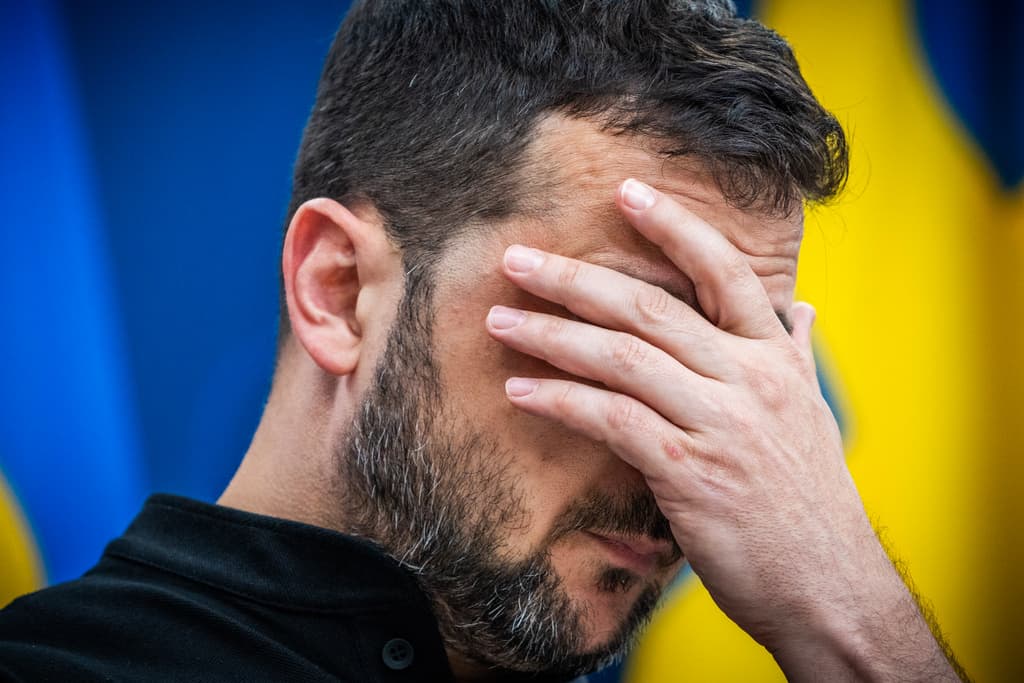Ukraine and the economy are the major challenges that the EU must address after the election.
A US election is soon to come, which can have enormous consequences for Europe.
After pointing out differences and disparities in increasingly intense election campaigns, it is now up to the 27 EU countries, their governments, and the 720 newly elected EU parliamentarians to quickly shift from confrontation to compromise.
First and foremost, it is necessary to come together around new leaders. The EU's Christian democratic conservative parties and politicians hope that a majority will quickly be able to give support to the continuation of the current president of the European Commission, Ursula von der Leyen. In that case, she can be approved as early as July. Otherwise, a nervous summer with negotiations and horse-trading between different party groups is expected before a vote in September.
The war in Ukraine is otherwise the EU's largest political challenge. So far, EU countries have managed to keep Russia at bay by sticking together in their support and sanctions, but the longer the war lasts, the harder it gets.
Especially Hungary is acting more and more unwillingly and is also getting support from dissatisfied voters in Western and Southern Europe who prefer investments at home rather than money for a war far away.
The fact that Hungary will take over as chairman of the EU's Council of Ministers from July 1 makes the situation even more complicated. Can the country act as a neutral chairman or will it push its own opinion? And is it worth it for other countries and the European Commission to turn a blind eye to criticism of corruption and rule-of-law problems in Hungary in order to get the country on board with Ukraine policy?
Another urgent question is the economy. The EU has lost growth and competitiveness compared to global competitors such as China and the US. Opinions on what should be done are sharply divided. Should one invest in tariffs and subsidies to counter, for example, heavily state-supported Chinese products? Or should one relax climate requirements and other regulations to compete more cheaply? Should one borrow more – or save in the budget?
A report from the former head of the European Central Bank, Mario Draghi, is soon to be presented as a starting point for future economic decisions.
A trade war with China is already on its way, as the European Commission is expected to propose tariffs on Chinese electric cars in the near future. Nor is trade with the US easy – and can become even more difficult if the strongly EU-skeptical Donald Trump returns as president after the US election in the fall.
Here are some key points for the EU after Sunday's parliamentary election:
* June 11: Possible decision on tariffs on electric cars from China
* June 13-14: G7 summit in Italy, where EU countries Germany, France, and Italy will participate, as well as EU leaders Ursula von der Leyen and Charles Michel
* June 15-16: Peace conference for Ukraine in Switzerland
* June 17: EU country leaders meet in Brussels to discuss the consequences of the EU election
* June 25: Possible start of formal membership negotiations with Ukraine and Moldova
* June 27-28: EU summit in Brussels, on the distribution of top posts and agenda for the coming term
* July 16-19: The newly elected EU parliament holds its first session in Strasbourg






